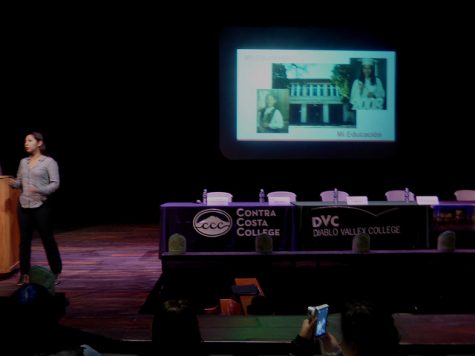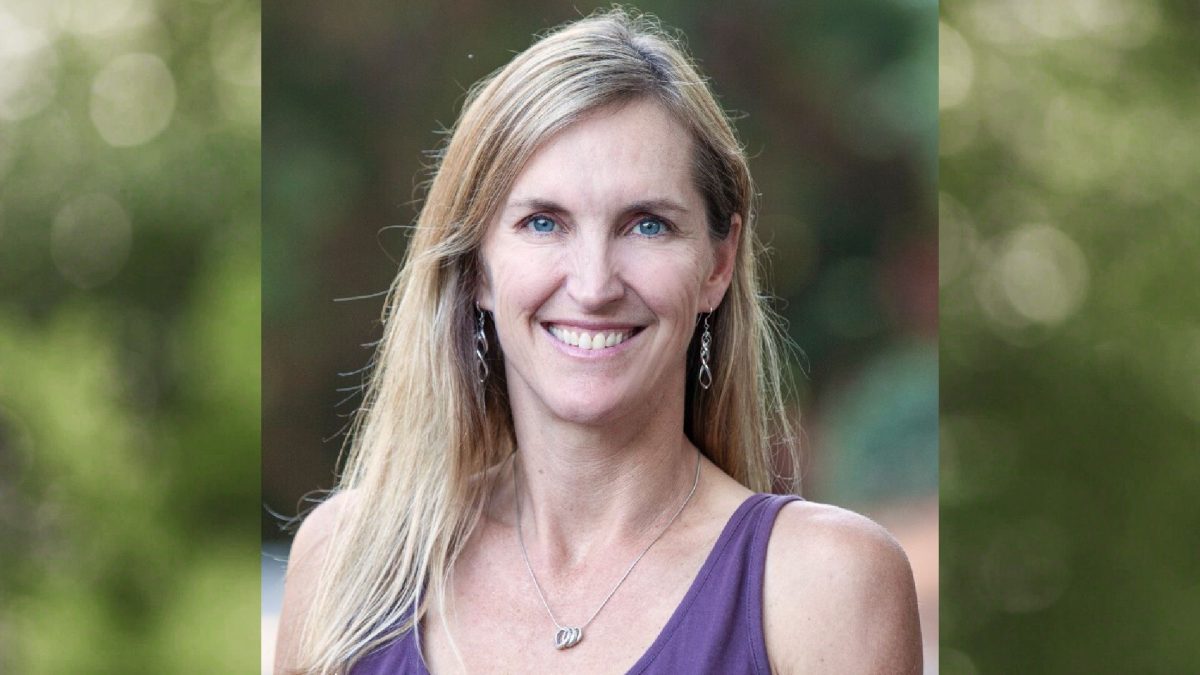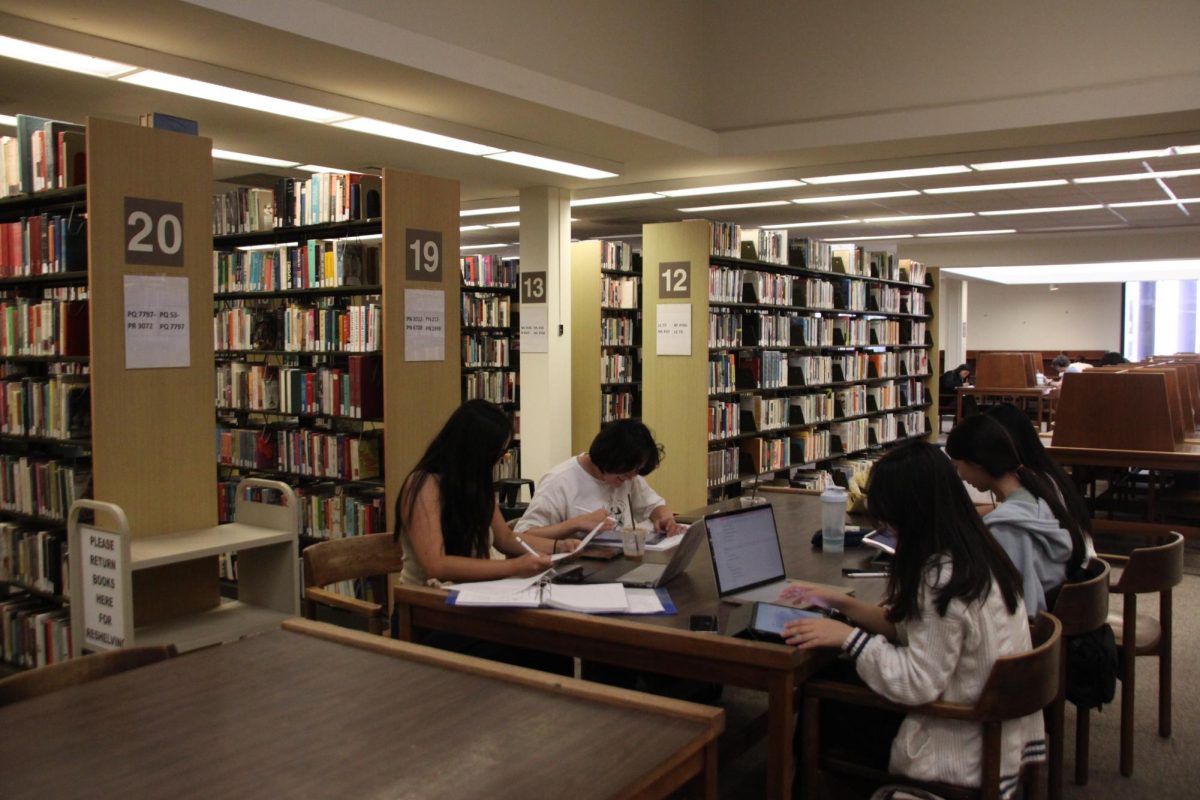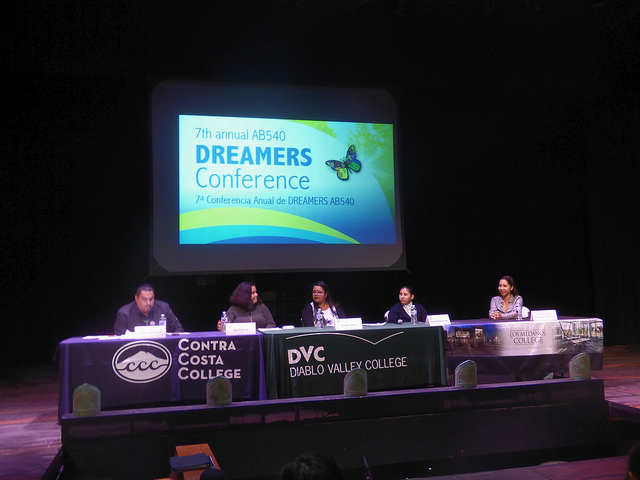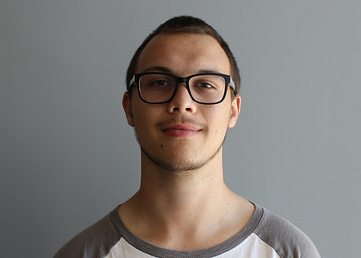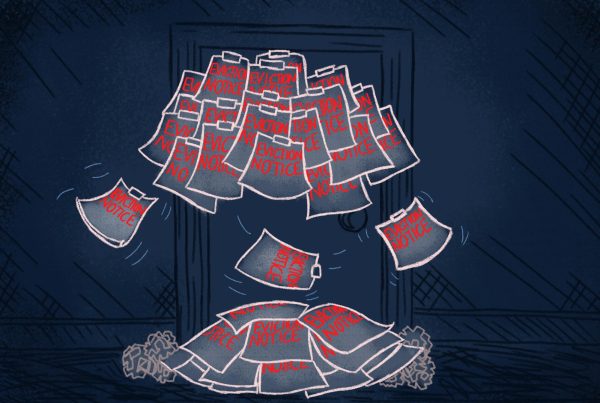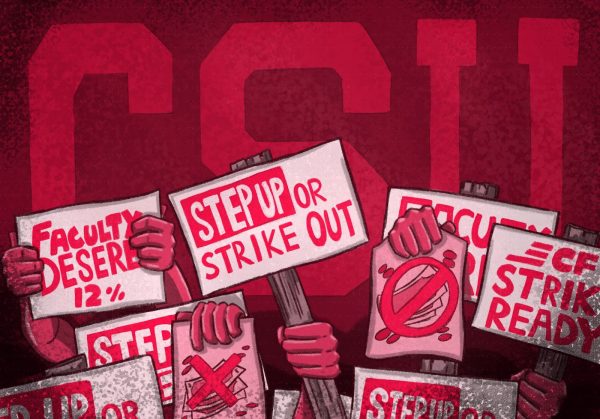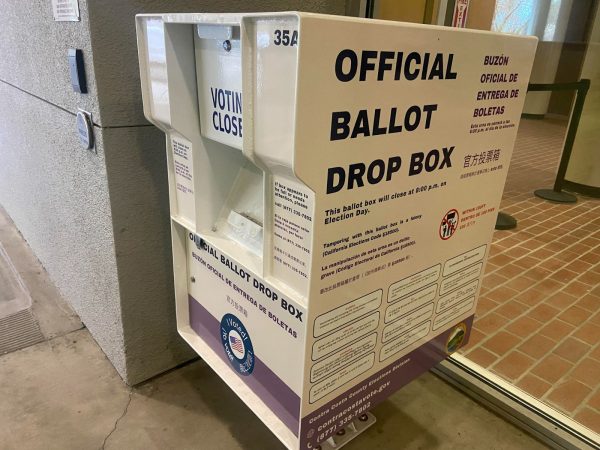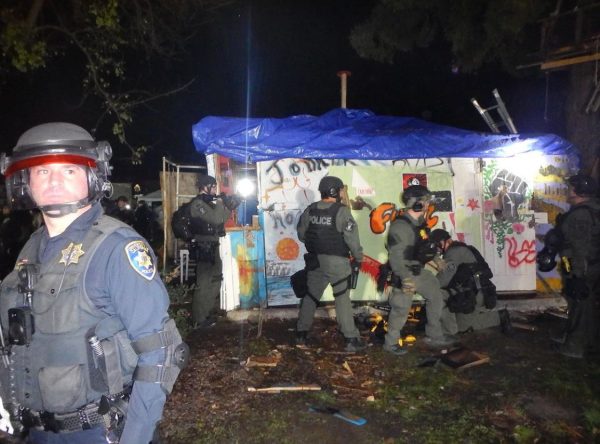7th Annual ‘Dreamers’ conference takes aim at education
Dr. César A. Cruz, Nayeli Bernal, Jennifer Ochoa, Claudia Nayeli Juaregui, and Sarahi Espinoza Salamanca prepare to talk on the student panel at the 7th annual dreamers conference held at Diablo Valley College in Pleasant Hill, California (Michael Stehlik)
October 22, 2017
Creating an education without walls was a key theme at this year’s 7th annual Dreamers conference held at Diablo Valley College.
Head presenter Emily Stone and Rosa Armendariz opened the conference by taking turns talking about the recipients of the Deferred Action for Childhood Arrivals and commending California for being the leader in higher education for all students, first in English followed by Spanish.
“The Contra Costa Community College District including Contra Costa College, Los Medanos College and Diablo Valley College remain committed to you and your future success,” Stone said.
Following a couple more announcements, the two turned the floor over to DVC interim-President Ted Wieden. After breaking the ice by talking a little about himself, Wieden got down to business.
“Certainly, this last year has been nothing if not challenging when it comes to DACA and Dreamers. I’m proud of our district and our colleges for standing up and doing what is right for Dreamers and DACA students,” said Wieden.
“When history looks back at this point in time, it will be visible that folks stood up, and it will be visible that folks did not stand up, as has happened unfortunately in other instances in our past. It’s important now to stand up and be counted and support folks, support Dreamers and the DACA students.”
“I’ve had a lot of conversations around Dreamers, DACA, immigration in general. It’s cruel, it’s mean-spirited in the federal place. It’s different in California and I want to assure you it is different in the Contra Costa Community College District. We are absolutely committed to supporting our students, our Dreamers, our AB540 students; we’re about all students!” said 4CD chancellor Fred Wood.
Wood and Wieden share a similar educational background, the two both went to community college before moving on to a university. Wood talked about how California and 4CD are different when it comes to Latino education.
Wood made it known that he has a dream too for AB540 students. “It is our dream to help you, it is our dream to ensure that we’re able to give you the opportunities that can lead to a greater place in life.”
“There’s confusion, there’s uncertainty and for many, there is fear. We’re working against an unbelievable amount of hate and evil. Senator (Glazer) has described the actions of the president as heartless,” said Senator Mitchell Glazer’s field representative, George Escutia Jr.
Escutia took his time on the podium to talk about how the state of California is trying to keep the dream alive and uphold the values it holds so dearly.
Specifically, Escutia talked about AB291, SB29, SB68, SB257 and “the hallmark of last years legislative session,” SB540, better known as the California Values Act. SB540 provides safeguards to ensure that immigrants can visit government offices, work with police, take their children to school, attend community college or university and go to the doctor without fear of deportation.
In line with policies already in place, the bill will also allow local and state jurisdictions to refuse to comply with federal immigration enforcement if an undocumented immigrant has not committed a major crime. This means that California law enforcement cannot ask about an individuals immigration status, arrest people on civil immigration warnings or participate in border patrol activities or joint force task forces with the federal law enforcement if the primary purpose is immigration enforcement.
“We’re going to continue to fight against those who try to divide us, break apart our communities, separate our families and try to kill our dreams,” said Escutia.
In 2009, the local county supervisors decided that healthcare should not be a right for immigrants. Many did not think that was right, so they came together to make United Latino Voices, a group that focuses on four key things: immigration, healthcare, civic engagement and education.
“We wanted to bring the community together and discuss each one of those aspects and make sure everyone had resources,” said ULV member Natalia Tocino.
Sarahi Espinosa Salamanca is the founder of DREAMer’s RoadMap, an app whose goal is to help DACA recipients get into higher education. “It started with a Hackathon… I told them I don’t know how to code, I don’t know what a Hackathon is but I would love to meet other dreamers and try to figure out solutions to problems in our community.”
Salamanca was also the White House Champion of Change in 2014, a recipient of two House of Representatives Award, and was recently named in Forbes 30 under 30. Salamanca told her story about how she got to where she is, along with the many obstacles that were in her way. She broke down her app, how it works and what features it brings to DACA recipients who are trying to get into college. Her app helps guide seniors in high school to get to their college of choice. Senior year for a high schooler goes by in a flash, and the app is there to guide them. Push notifications remind the user that a scholarship deadline is approaching and help them discover new scholarships, the main goal is getting the user there.
Dr. César A. Cruz, the co-founder of Homies Empowerment, an independent youth development organization, reminded the room what the theme of the conference was: education without walls.
Joining him on stage were Nayeli Bernal, Jennifer Ochoa, Claudia Nayeli Juaregui and Sarahi Salamanca.
“The third time my mother was deported, I was 14 years old. She said to me ‘son, that border is about 20 feet high, but I carry a 21-foot invisible ladder,'” said Cruz. It was the duality of that real 20-foot border and the very real 21-foot ladder that Cruz based his questions for the panelists. Each panelist shared their stories about their upbringings and how hard it was to push through, but in the end, they always persevered.
Multiple workshops around campus were tailored to specific groups of people. Be it students, parents, or community, there was a workshop for everyone.
Dr. Jorge Portida told his own story for closing remarks, after being touched by the stories of the students on the panel. Portida immigrated to America when he was nine years old. His mom and dad had already come to America with his two youngest siblings, leaving him with his four other brothers and sisters in Mexico. His grandmother couldn’t keep him anymore, so Portida was smuggled into America, with his final destination being Chicago, Illinois.
“I think telling these stories is important,” said Portida, “because it’s trauma that we carry that causes fear, that causes us to shrink and not use our intelligence to get out of the poverty and the trap (of poverty). The stories that I hear today are all inspiring.”
“It doesn’t matter to us what your economic background is, it doesn’t matter what your social background is, it doesn’t matter what your race is, it doesn’t matter what your immigration status is. We are here for you, you are welcome here, and we will do anything and everything in order to support you, that’s what we’re committed to,” said Woods.
